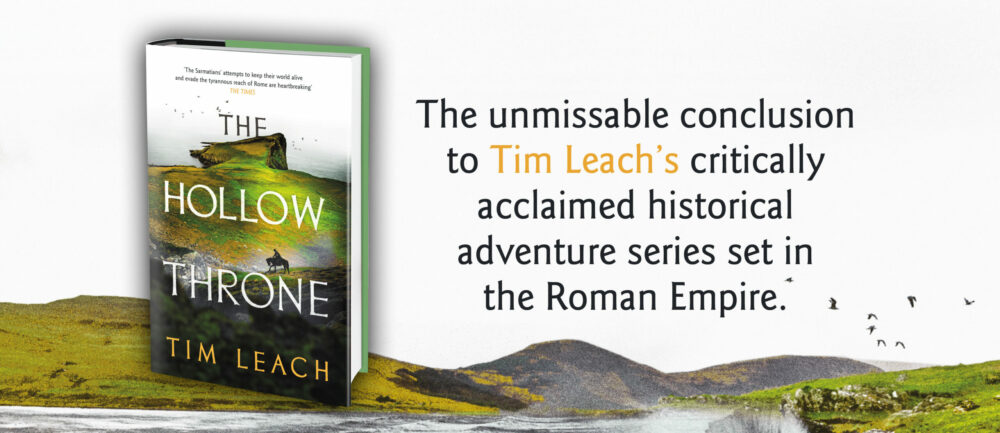It has been harder than I thought it would be to start the next book. It has been so long since I started with an empty page, I forgot the terror of it. There is terror in redrafting and editing as well, of course, but it is a different kind of fear. Horror films have taught us that it is what is unseen that has the greatest capacity to cause fear. What is written may be good or bad, but it can be confronted. The unwritten book lives in a nightmare, and you have to pluck it out of that nightmare one fearful word at a time.
I made all the excuses I could – the need to do more planning, more reading. To get all my marking and other work out of the way, to wait until my flu had passed. The excuses went on for a few weeks, until I realised what was going on. That I was simply afraid. Eight years of writing and a book deal, and I’m still scared. I got angry then, and just in time. Anger is the easiest cure for cowardice that I know.
And when I began again, I felt that familiar, weary relief descend. Not the sense that this is what I am meant or destined to do, for there is no such thing. But it is what I want to do, and what I love to do, the action that makes the world make sense to me. I remember the first time I felt that relief, out in a bookshop in Greece, where I knew that I couldn’t give it up, that I wanted to write no matter what did or did not come of it. I don’t know if that was the happiest day of my life, but it was certainly the one when I felt most at peace.
The writing comes slow and sure for now, but I know that won’t last. The first month is fun and easy. The second month is fun and hard. Then the third is boring and hard, the fourth it is boring, hard, and I will be convinced that it is irredeemably terrible. By month five, I will get the screaming horrors and want to throw it all away. By month six, it will have become habit, like brushing my teeth or cereal for breakfast. It will not be a question of whether or not I can do it. It will be the thing that I do everyday, and all questions of good and bad will be left aside for another time.
When it gets hard, which it will soon, I will try to find comfort in what one of my old tutors, David Morley, once said. Every time you start a novel, you have to learn how to write all over again. Because no one has written this book before, and you have to teach yourself how to do it. There shouldn’t be comfort in being a perpetual beginner, but there is. It keeps you humble, and curious.
Just before I began again, perhaps knowing that I was going to need a spur of some kind, I read Hemingway’s A Moveable Feast. It was a lucky choice, and one of the most quietly joyful and soulful books about writing that I have read. I’ll leave you with one of my favourite passages, about writing, and beginning again.
“It was wonderful to walk down the long flights of stairs knowing that I’d had good luck working. I always worked until I had something done and I always stopped when I knew what was going to happen next. That way I could be sure of going on the next day. But sometimes when I was started on a new story and I could not get going, I would sit in front of the fire and squeeze the peel of the little oranges into the edge of the flame and watch the sputter of blue that they made. I would stand and look out over the roofs of Paris and think, “Do not worry. You have always written before and you will write now. All you have to do is write one true sentence. Write the truest sentence you know.” So finally I would write one true sentence, and then go on from there.”

